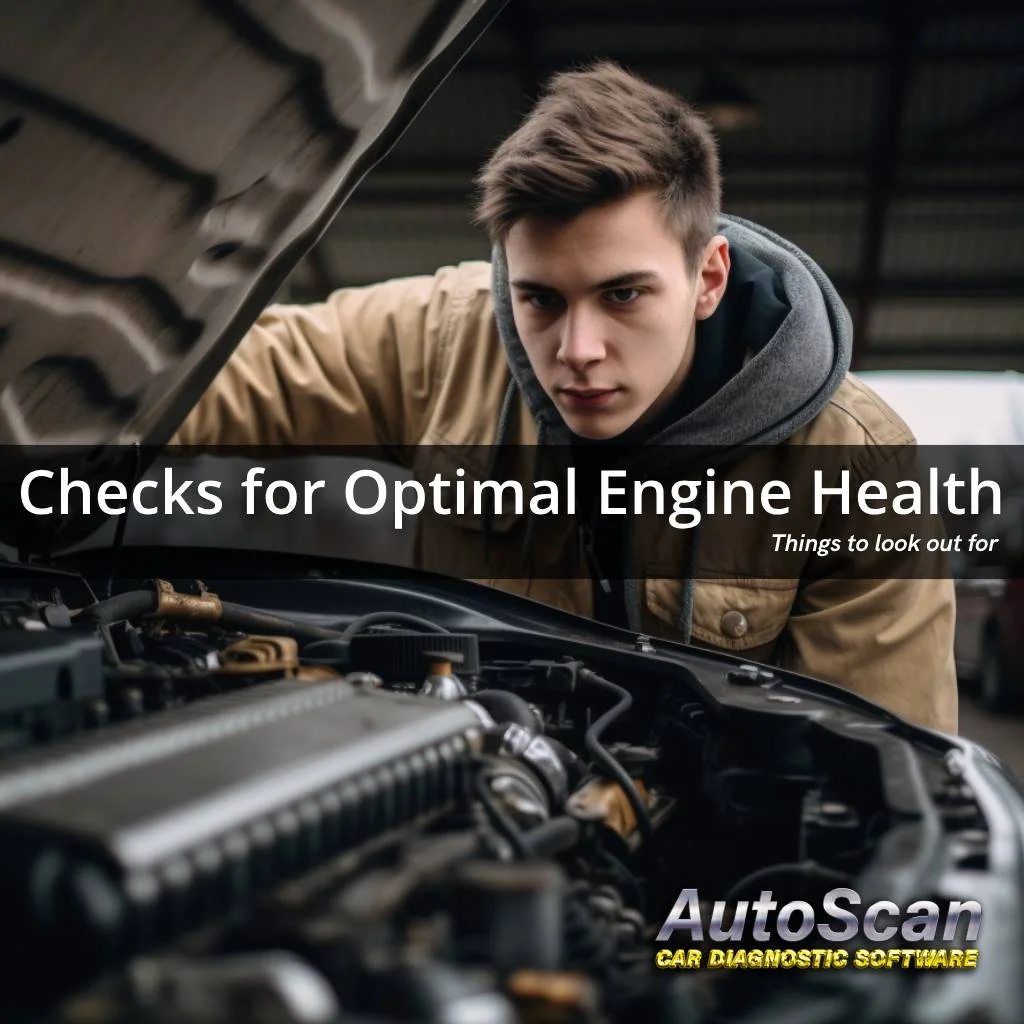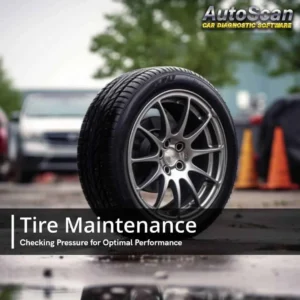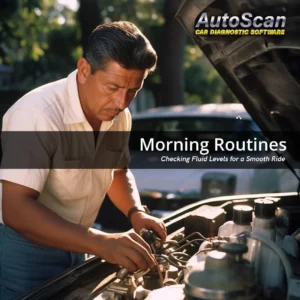Quick Checks for Optimal Engine Health
Your Engine: The Beating Heart of Your Vehicle
The engine is to your car what the heart is to your body – essential, powerful, and absolutely critical for proper function. Just as regular check-ups are vital for heart health, frequent inspections ensure your engine runs smoothly. Here are some quick checks you can perform to maintain optimal engine health.
1. Oil Level and Quality
Engine oil lubricates the engine’s moving parts, reduces friction, and dissipates heat. To check it:
- Ensure your car is on level ground and the engine is cold.
- Open the hood and pull out the oil dipstick. Wipe it clean and reinsert it fully.
- Upon removing it again, check the level. It should be between the ‘Min’ and ‘Max’ marks.
- Also, note the oil’s color. Dark or dirty oil indicates it’s time for a change.
2. Air Filter
A clogged air filter restricts airflow to the engine, affecting performance and fuel efficiency. Examine your air filter for excessive dirt or debris. A general rule is to replace it every 12,000 to 15,000 miles, but check your owner’s manual for specifics.
3. Coolant Level
The coolant keeps your engine from overheating. To check:
- Inspect the coolant reservoir, usually a transparent plastic tank near the radiator.
- The fluid level should be between the ‘Min’ and ‘Max’ lines.
- If low, add a 50/50 mix of water and antifreeze. But ensure the engine is cool before opening the cap!
4. Serpentine Belt
This belt powers the alternator, water pump, power steering, and more. Look for signs of wear like cracks, splits, or missing sections. If any are observed, consider replacing the belt to avoid unexpected failures.
5. Battery and Connections
Your battery is key to starting your car and powering electrical components:
- Check for any corrosion on the terminals.
- Ensure connections are tight and secure.
- Consider using a multimeter or voltmeter to check the battery’s voltage. A reading below 12.4 volts might suggest the battery needs charging or replacing.
Conclusion
Regular checks and maintenance not only ensure your engine’s health but can also prevent costly future repairs. Remember, a few minutes spent on checks today can lead to years of smooth driving ahead. Always prioritize the well-being of your engine—it’s the heart that powers all your journeys.
FAQs:
- How often should I get a full engine check-up?
It’s advised to get a comprehensive engine check-up during your annual vehicle servicing. However, if you notice any unusual sounds or behaviors, consult a mechanic sooner. - Can I use any type of oil for my engine?
No. Always refer to your owner’s manual for the recommended type and grade of oil suitable for your engine. - Is overfilling the engine oil harmful?
Yes. Overfilling can cause the oil to foam, affecting its lubricating properties and potentially harming the engine. - How can I prolong my engine’s lifespan?
Regular maintenance, timely oil changes, and using quality fuels can significantly prolong engine life. - Is it necessary to warm up the engine before driving?
Modern engines don’t require extended warm-up times, but it’s still good to drive gently for the first few miles, especially in cold weather.





